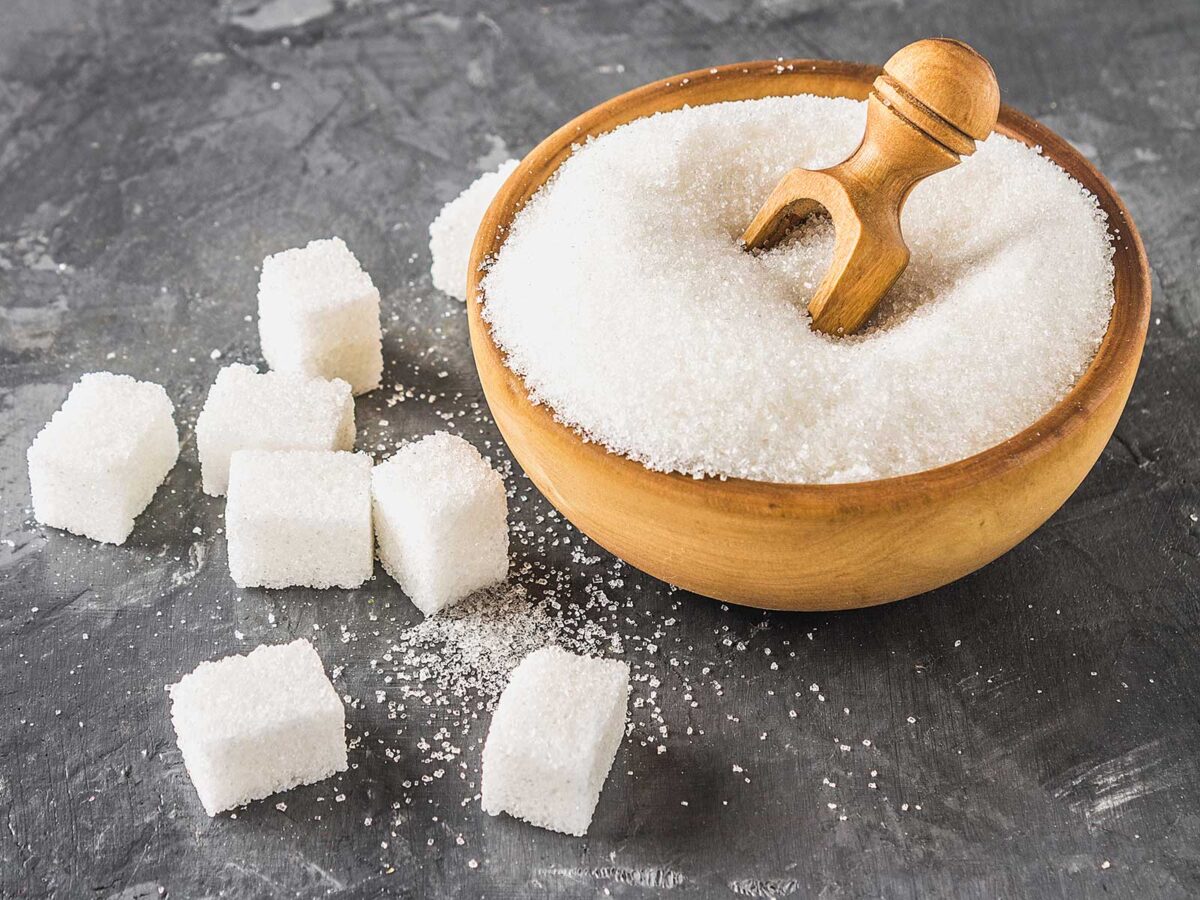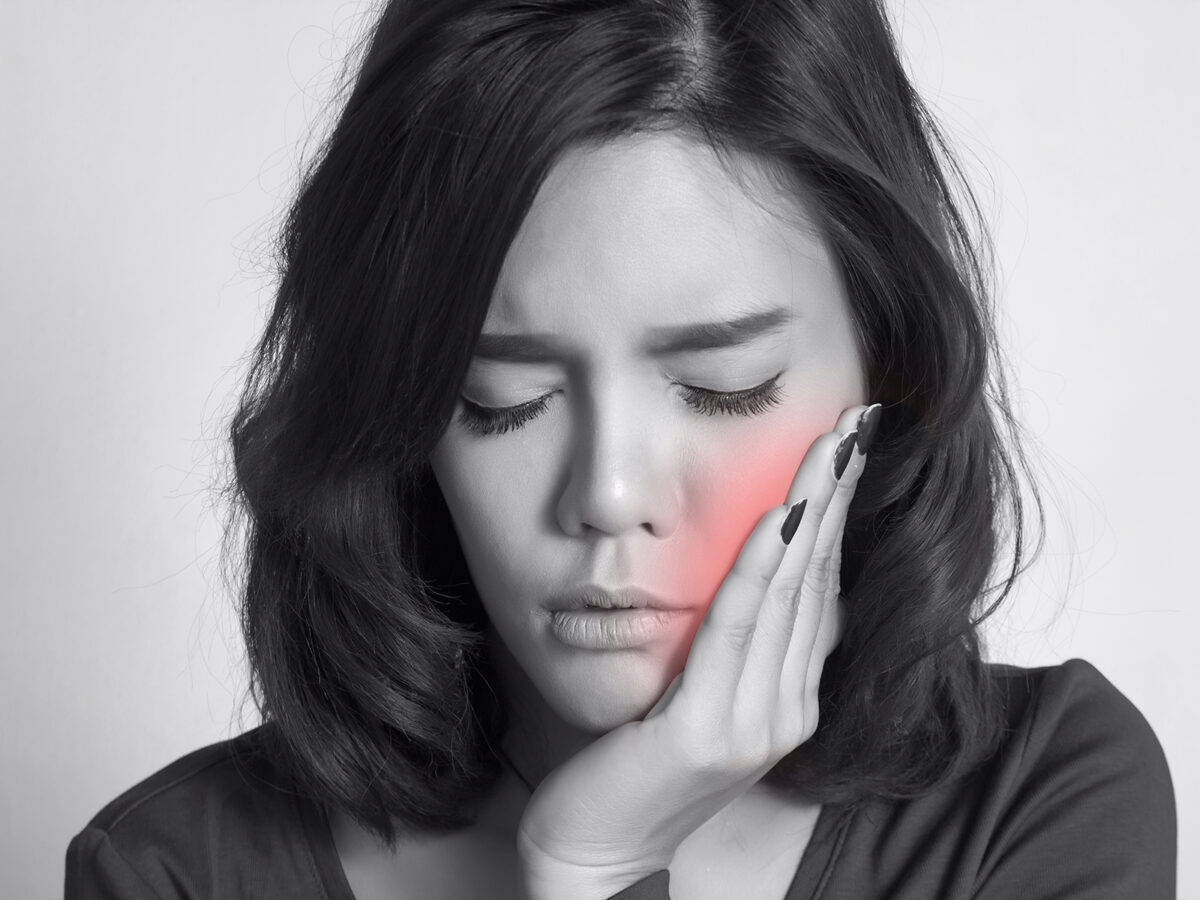While some foods are marketed as sugar-free, there may still be sugar in them. The meaning of being free of sugar might be interpreted differently by a lot of people.
However, there are many instances where food appears to not be sweetened, but in reality, it contains sweeteners. Unlike traditional diets, today’s diets emphasize reducing carbohydrate intake rather than fat. Because it has been proven by researchers and physicians that excessive carbohydrate consumption, especially sugar, negatively impacts your dental and your overall health.
It is common to have cravings and we all sometimes consume sugar. It is also normal to consume sugary foods but some food items labeled as no-sugar can do more harm than good.
So, in this article, we will be going to learn everything about sugars in our food and how it impacts our overall health.
How does sugar impact your health?
Well, it is obvious that sugar can greatly impact your overall health including your teeth. We have always consumed sugar as part of our daily lives. It is present in almost everything we eat, sweet or not, from our most beloved cereals to our carbonated beverages.
Sweets and other refined items are very bad if taken in excess. And we specifically talk about dental health. It’s not hidden sugars that are a concern, it is the dangerous bacteria that use this substance in your mouth as energy to spread more infection.
People with diabetes who consume excessive sugar are letting their health go for a toss too. There are chances that they are risking a range of horrible health conditions, such as heart disease, strokes, blindness, and amputated feet.
What kind of sugar should you avoid consuming?
Sugars that occur naturally in foods and other types that are added to a variety of items are very different. Many carbohydrate food sources, including fruits, vegetables, grains, and milk, contain this substance in its natural form.
Sugars added by suppliers to food products like cereal, candy, junk food, and processed items are referred to as added sugars. However, when added to items such as honey, jams, juices, and soda, they are also classified as added sugars.
In order to avoid adding unnecessary consumption, you should always read the ingredients list. It is up to you to decide how you want to consume this- in a more natural form or in an added or refined form.
What foods to avoid?
Here are some food items that you can avoid to keep your dental and overall health on track:
- Salad Dressings: A lot of salad dressings have surprisingly high levels of sugar, primarily ranch dressings and blue cheese dressings. Another dressing, raspberry vinaigrette, should also be avoided for the same reason. Next time you’re at the grocery store, check the label of the dressing you buy.
- Yogurt: There is no doubt that frozen yogurt has sugar, but even non-frozen ones can be loaded with the substance as well. If you choose yogurt options with less sugar then there is no need to stop consuming them as they are a good source of protein and calcium. You can also try plain yogurt or Greek-style yogurt as alternatives.
- Pasta Sauce: Pasta sauces with a tomato base can be delicious, but they can also be high in carbohydrates. Because most pasta sauces taste acidic or savory, tomatoes are low in carbohydrates, which may seem surprising. In spite of this, the truth is that commercial pasta sauces often contain a considerable amount of sugar. Alternatively, you can prepare your own sauce or find a low-carb substitute.
Avoiding a staple item from your diet is not easy and the same goes for hidden sugar, yet, we all consume it every day. Therefore, it is important to remember that what you eat most of the time affects your health and not the occasional treats, so don’t be too hard on yourself!


